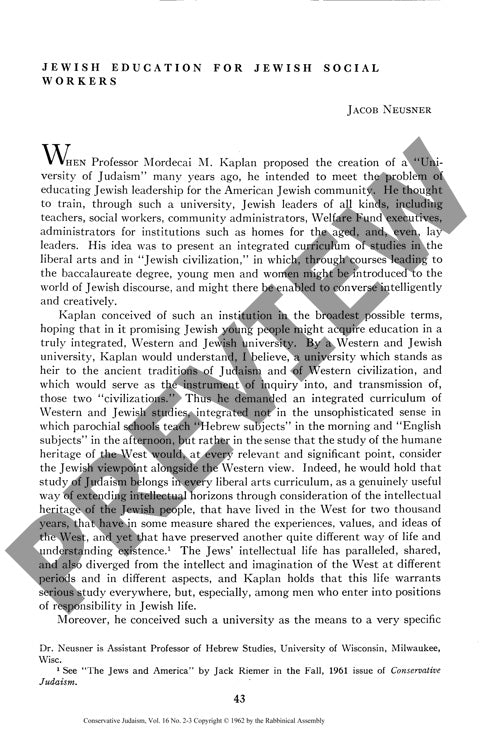Jewish Education for Jewish Social Worke
Couldn't load pickup availability
Jewish social workers serving American Jewish communities frequently make critical decisions about religious programming, dietary restrictions, and educational policies without adequate grounding in Jewish law, theology, and cultural traditions. Building on Mordecai Kaplan's vision for a "University of Judaism," this research examines how secular professional perspectives often clash with religious sensibilities in Jewish social service agencies. Qualitative analysis of professional practices and institutional policies reveals a systemic disconnect between social work training and the religious-cultural knowledge needed for authentic Jewish community leadership. The investigation affirms three core principles: Judaism's inherent integrity, Jewish communities as expressions of religious fellowship, and the vital role of Jewish social agencies. To bridge this gap, Jewish social workers require comprehensive Jewish education comparable to that received by rabbis, teachers, and cantors. The research proposes several educational solutions, including integrated university curricula, seminary partnerships, and joint degree programs combining social work with Jewish studies - pathways that would strengthen religiously informed leadership in Jewish communal institutions.

More Information
-
Physical Description
-
Publication Information
Published 1962
ISBN
-
Publication Credits
Jacob Neusner

